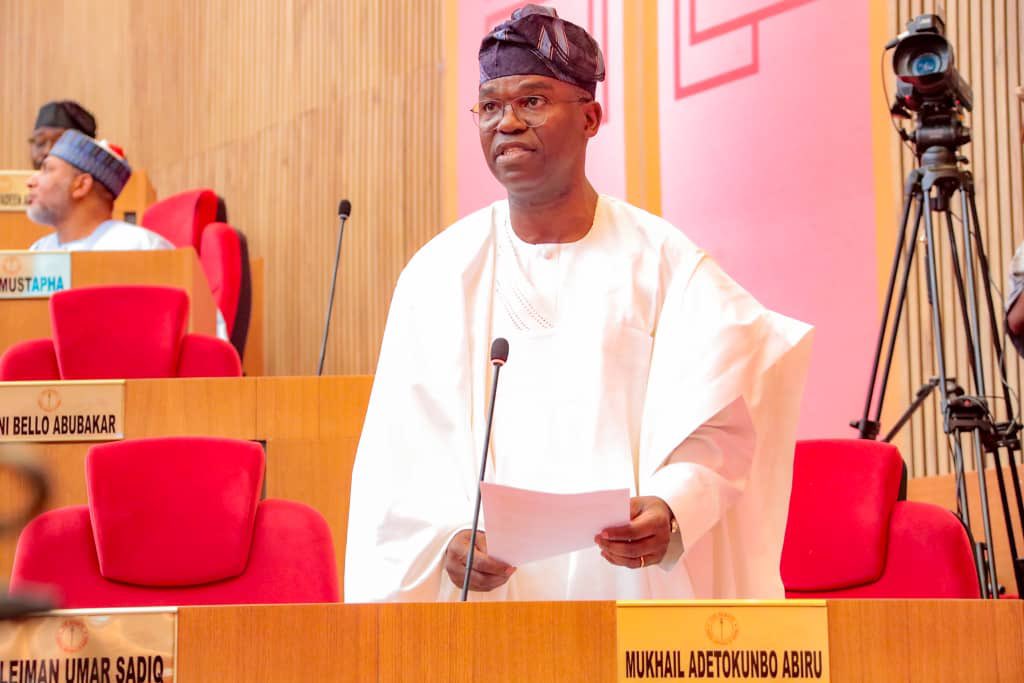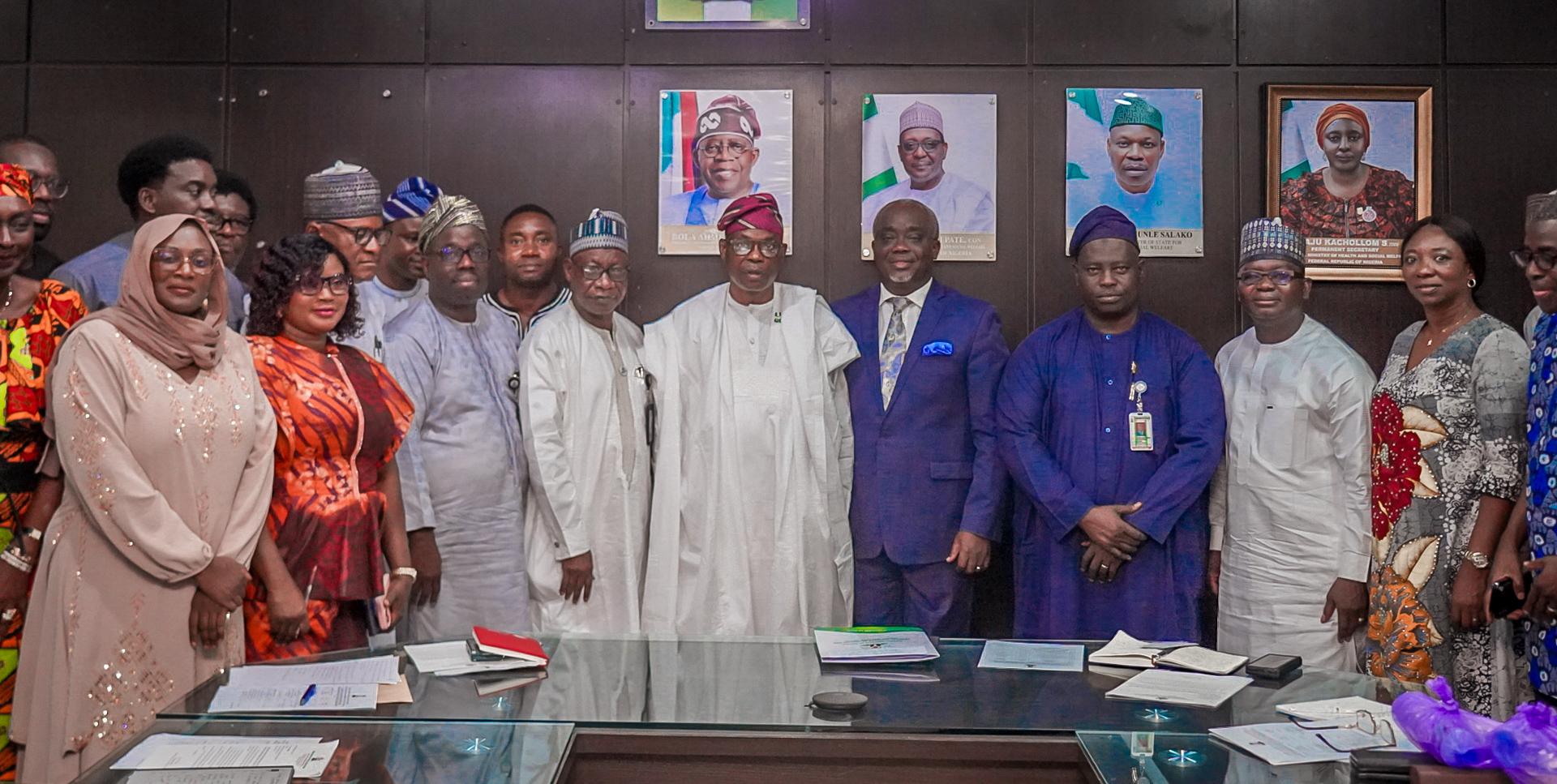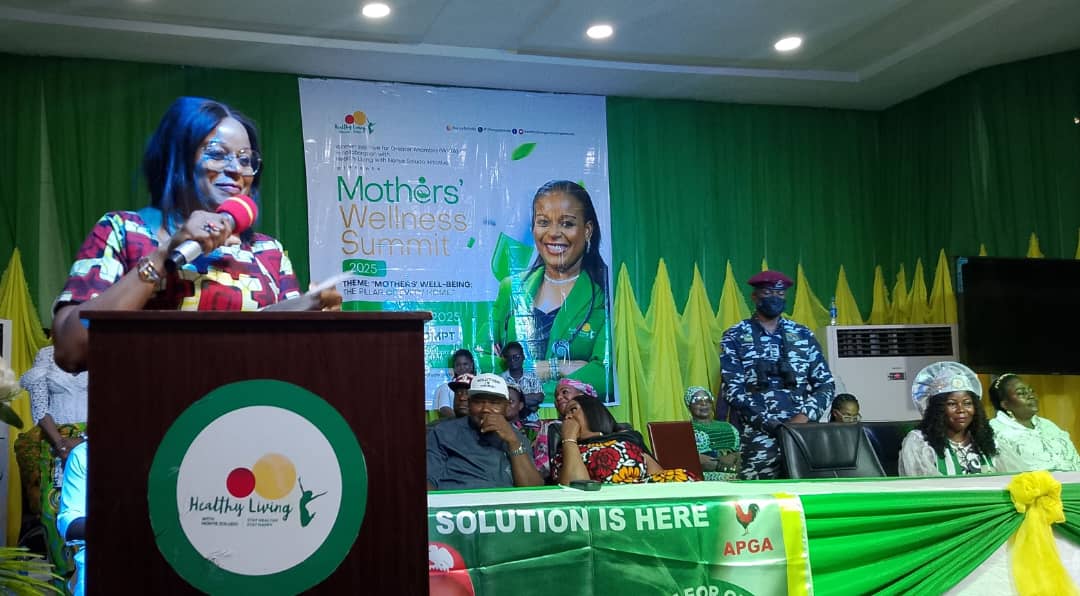Nigerian Senate Launches Full-Scale Probe into Ponzi Schemes, Crypto Scams as Citizens Lose ₦1.3 Trillion to “Civics” Fraud

…blames regulatory failure, demands urgent reforms, public enlightenment to protect Nigerians from digital financial predators
By Fatima Saka
The Nigerian Senate on Wednesday launched an exhaustive investigative process into the operations of Ponzi schemes and unregulated investment platforms in Nigeria, following the collapse of Crypto Bullion Exchange Civics, a fraudulent digital scheme that reportedly defrauded over ₦1.3 trillion from unsuspecting Nigerian citizens.
The motion, moved by Senator Mukhail Adetokunbo Abiru (Lagos East) and co-sponsored by Senator Osita Bonaventure Izunaso (Imo West), was unanimously supported by lawmakers across party lines who raised alarm over the unchecked proliferation of financial frauds that continue to exploit poor and vulnerable Nigerians under the guise of investment opportunities.
Presenting the motion, Senator Abiru said the Civics incident was part of an emerging trend of online Ponzi and pyramid schemes that use technology, social media, and even celebrity endorsements to lure Nigerians into investing in fraudulent ventures that promise exorbitant returns.
“These platforms are increasingly sophisticated. They use referral commissions, fake testimonials, and influencer-driven marketing to build trust among the masses,” Abiru said. “Many Nigerians, including students and low-income earners, lost everything. Some have been driven to depression, family collapse, and even suicide.”
He described the Civics scandal as “one of the most devastating financial scams in the country’s history,” and expressed shock that it was able to operate in full public view without any intervention from Nigeria’s key financial regulators, the Central Bank of Nigeria (CBN), the Securities and Exchange Commission (SEC), the Economic and Financial Crimes Commission (EFCC), and the Nigerian Financial Intelligence Unit (NFIU).
Abiru emphasized that while the Constitution empowers the National Assembly to investigate matters affecting national interest and citizen welfare, the regulatory agencies must be held accountable for failing to protect the Nigerian public from this massive financial crime.
During the debate, multiple senators expressed outrage over the recurring nature of Ponzi scheme collapses in Nigeria, dating back to the infamous MMM Nigeria in 2016 and MBA Forex in 2020.
Senator Abdul Ningi (Bauchi Central) described the situation as a national tragedy and a failure of government oversight. “Rural dwellers, market women, artisans, students, people who struggle daily to survive, are the ones most affected. And all of this has been happening under the noses of our regulators,” Ningi said.
He added that the magnitude of losses suffered through Civics and other online schemes was not just a domestic embarrassment but a threat to foreign direct investment in Nigeria. “How can a foreign investor have confidence in an economy where citizens lose close to $1 billion and no one is sanctioned?” he asked.
Senator Sani Musa (Niger East) stated that, “Some Nigerians have not only lost money but have lost their minds and lives. This is not just economic exploitation, it’s psychological warfare against the people.”
Senator Solomon Adeola (Ogun West) warned that Ponzi-style platforms are only one part of a broader wave of unregulated fintech and payment gateway frauds taking root in Nigeria.
He urged the Senate to question the CBN on what digital safeguards and frameworks it has instituted to oversee financial technology platforms.
“We cannot allow this digital financial recklessness to continue. In no other serious country are these kinds of ‘investment miracles’ allowed to fester unchecked,” Adeola said.
Senate President Godswill Akpabio praised the sponsors of the motion and emphasized the urgency of restoring public trust and economic stability.
“This motion speaks to the soul of the nation. If it doesn’t affect you directly, it affects your family, your friends, your constituents,” Akpabio said. “Many of these frauds date back decades. The same cycle keeps repeating, people invest, platforms collapse, and there is no accountability. This must end now.”
He also cited personal experience from past financial collapses in Nigeria, recalling how millions of naira were stored in warehouses by fraudsters, only to rot away, evidence, he said, of both greed and lack of enforcement.
The Senate agreed that the committees must not only investigate the frauds but also engage in zonal public hearings and education campaigns to enlighten Nigerians about the risks of online financial schemes and the importance of regulatory compliance.
Lawmakers warned that unless Nigerians are educated and regulators are held accountable, more lives and livelihoods will continue to be destroyed.
The committees were directed to begin work immediately and report back to the Senate in four weeks. Their findings are expected to guide future legislation and possibly lead to disciplinary actions or restructuring of the roles of financial regulators.
2nd PEN-Plus Conference: FG Reaffirms Resolve to Combat Severe NCDs in Nigeria
The lawmakers emphasized that “This is not just about money. It’s about national security, public trust, and our collective responsibility to protect every Nigerian from predators masquerading as investors.”
The Senate consequently resolved to mandate its Joint Committees on Capital Markets; Banking, Insurance and Other Financial Institutions; Anti-Corruption and Financial Crimes; and ICT and Cybersecurity to:
Conduct a comprehensive investigative hearing on the operations of Ponzi schemes in Nigeria;
Examine the regulatory gaps and lapses that allowed schemes like Civics to thrive unchecked;
Recommend robust legislative and institutional reforms to prevent future occurrences;
Launch a nationwide public sensitization campaign to educate Nigerians on digital investment scams and financial literacy.





